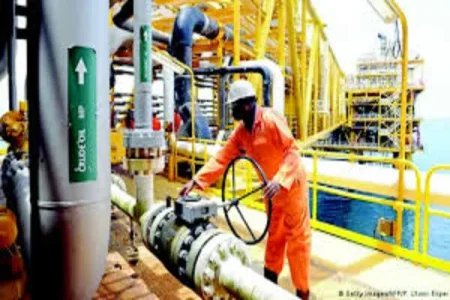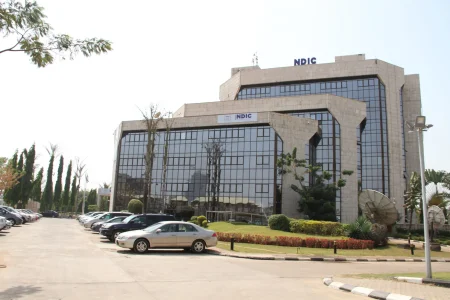
Amidst crude oil supply uncertainties, funding for 20 modular refineries in Nigeria faces jeopardy, impacting domestic refining capacity and economic prospects. International investors seek guarantees, while regulatory challenges hinder progress.
In Nigeria's energy sector, a critical impasse looms over the fate of 20 modular refineries as foreign investors hesitate to commit funds due to crude oil supply uncertainties.
These refineries, vital for enhancing domestic refining capabilities, face financial hurdles as international oil companies balk at providing guarantees for future crude oil supplies. Despite the completion of only five out of the planned 20 refineries, the remaining projects encounter setbacks amidst the lack of assurances regarding feedstock availability.
The Crude Oil Refinery Owners Association of Nigeria highlights the challenge, citing investors' demand for conditional guarantees to ensure access to crude oil upon refinery completion. However, regulatory constraints hinder the provision of such guarantees, exacerbating the funding dilemma. Modular refinery operators advocate for intervention from the Nigerian Upstream Petroleum Regulatory Commission to compel international oil companies to prioritize indigenous refiners for crude oil supply.
Emphasizing the potential benefits of a robust refining sector, industry stakeholders stress Nigeria's potential to emerge as a regional refining hub, addressing the prevailing supply-demand gap for petroleum products in West Africa.
As discussions continue, the future of Nigeria's modular refineries hangs in the balance, with broader implications for the nation's energy security and economic development.
Source: Business Day




